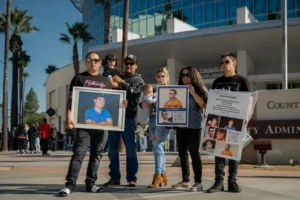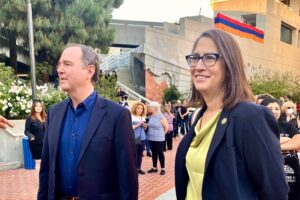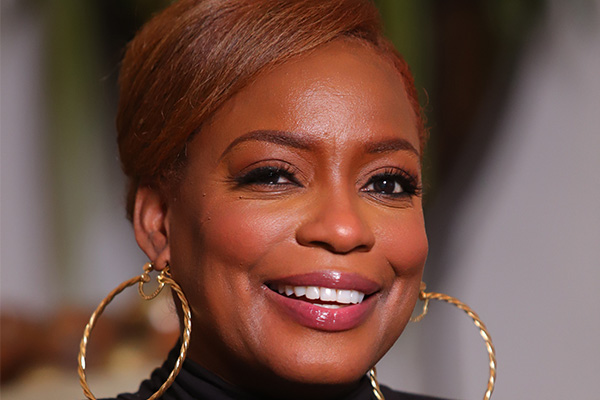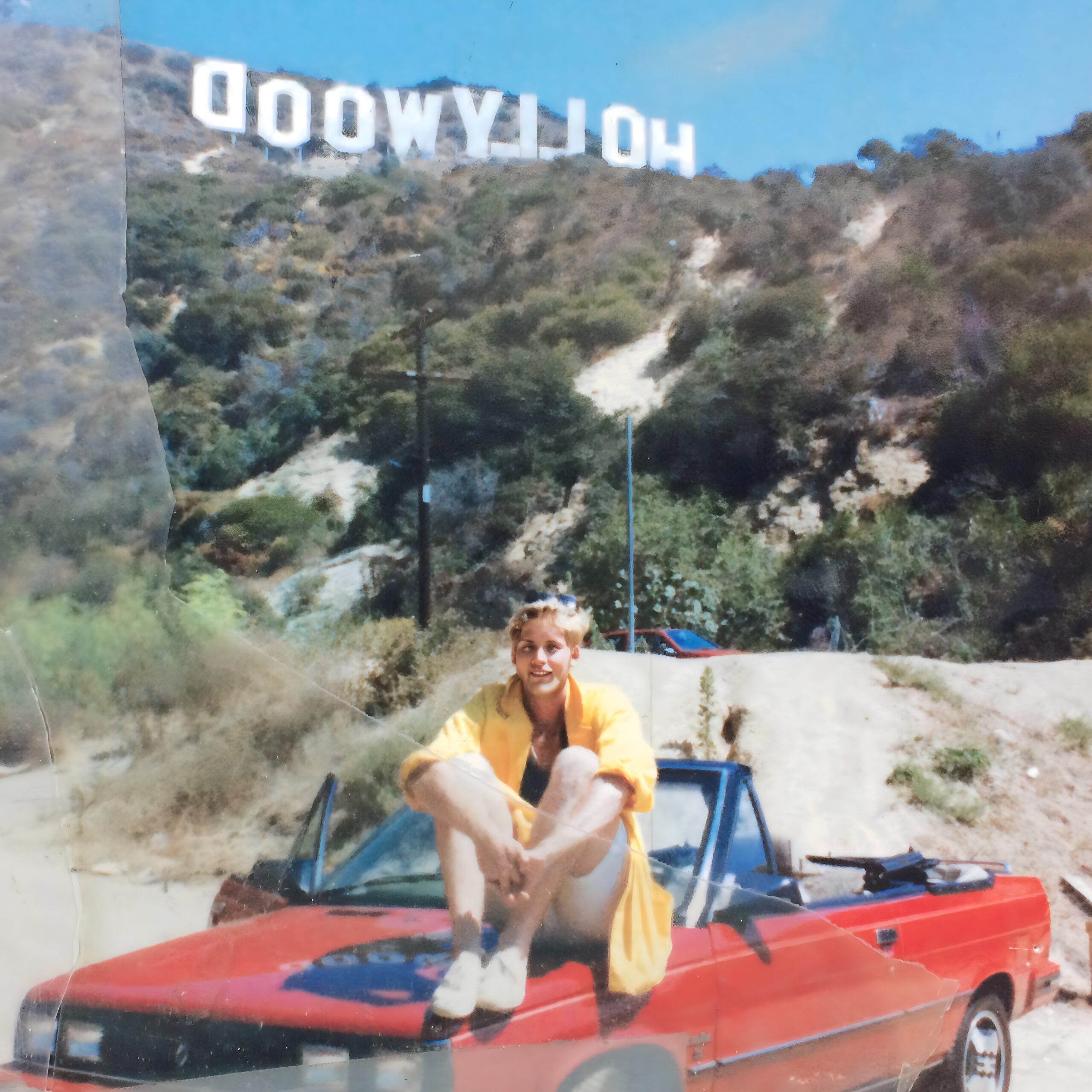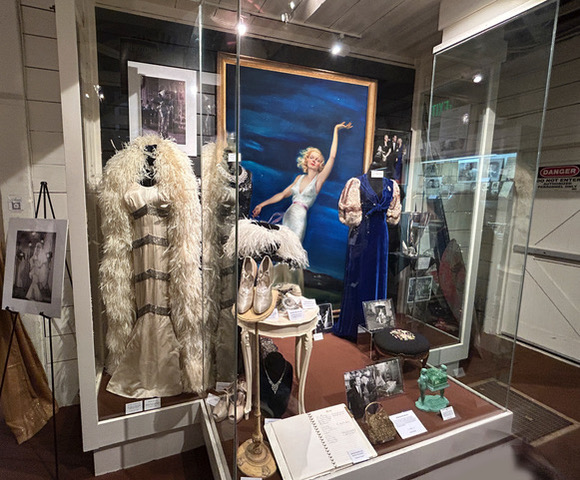By Anita Bennett
Contributing Writer
LOS ANGELES — Long before Karen Bass was elected mayor of Los Angeles, or Kamala Harris became vice president of the United States, Fannie Lou Hamer worked tirelessly in the 1960s to register Black people to vote.
Hamer’s story is now being told in the live action short film “Fannie.”
Aunjanue Ellis, who received an Oscar nomination for her performance in the 2021 film “King Richard,” stars in and produced “Fannie.”
“Mrs. Hamer is one of these figures in our history in this country that has been hidden from us,” Ellis said by phone. “I came to know her in the way that we come to know so many women like her, through the folklore, the grapevine of our freedom.”
“Fannie” examines Hamer’s journey from growing up in poverty in a family of Mississippi sharecroppers, to becoming a national voice for freedom and equality.
Ellis is the sole performer in the film, and brings dignity and emotional depth to Hamer’s story.
“I’ve been researching and preparing ever since I knew who Mrs. Hamer was, and knew her significance, and knew how essential she was for us,” Ellis said.
Hamer was born Fannie Lou Townsend in the Mississippi Delta region in 1917. Young Fannie began picking cotton with her family as a child.
According to historical accounts, she married Perry Hamer in 1944. For years, the couple worked on a Mississippi plantation run by a white landowner.
Throughout her life, Hamer faced injustices. In 1961, she received a hysterectomy by a white doctor without her consent. Forced sterilization of Black women in the area was common at the time and became known as the “Mississippi appendectomy.”
A short time after a doctor stole her right to have children, Hamer decided to take a stand against oppression.
She became a Southern Christian Leadership Conference organizer in 1962, and led volunteers to register to vote.
After successfully completing a voter registration drive in Charleston, South Carolina in 1963, Hamer and several other Black women were arrested for sitting in a “whites-only” area of a bus station restaurant in Mississippi. They were taken to jail and beaten for fighting for basic rights. Hamer was left with lifelong injuries from the ordeal.
In character as Hamer in “Fannie,” Ellis describes being brutalized while in police custody.
“They took me to county jail, where they placed me in a cell. I began to hear the sounds of licks and screams,” she says in the film. She describes being transferred to a cell with “two Negro prisoners” who were ordered by a state highway patrolman to attack her.
“I began to scream and then a white man came over and beat me in the head and told me to hush.”
In real life, as word spread about what Hamer endured, her national reputation began to rise. In 1964, she co-founded the Mississippi Freedom Democratic Party. Hamer and other party members went to the Democratic National Convention that year and argued to be recognized as an official delegation.
Hamer called for mandatory integrated state delegations. Years later, Hamer was a member of Mississippi’s first integrated delegation.
While Hamer died in 1977, Ellis noted that her efforts still resonate today.
“Raphael Warnock mentioned her in his victory speech the other night,” Ellis said. “Kamala Harris invokes Mrs. Hamer’s name … and rightfully so because Mrs. Hamer was at the vanguard of voter rights and voter registration in the ‘60s,” she said.
Like Hamer, Ellis grew up in Mississippi. The actress is painfully aware of the region’s past. She also noted that she is no stranger to discrimination.
Ellis revealed she is bisexual at the Essence Black Women in Hollywood Awards in March of this year. She didn’t so much say it with her words, but with her attire by wearing a designer suit jacket with the word “Queer” written on it in rhinestones.
“The reason why I did that, in that environment, in that occasion is because I’ve experienced instances of occasions of homophobia. And some of those instances have happened in my interactions with Black women,” she said. “So I wore a suit that had ‘queer’ on my sleeve.”
She said the reaction has been positive.
“I had some people who are very, very famous, and who are not open about their sexuality, who reached out to me and told me, ‘Thank you,’ and so many other people who have told me ‘Thank you,’” she said.
Ellis said she is committed to using her voice and her talent to raise awareness about discrimination.
“I studied African American studies in college, I went to a great school, I went to an HBCU school and I went to an Ivy League school. And at the Ivy League school, I majored in African American Studies, and I still didn’t learn about Fannie Lou Hamer,” she said. “And I wanted to do something about that. And I felt that the film was a way to do that.”
“Fannie” is directed by Christine Swanson and produced by Swanson and Ellis. Executive producers include Angela Harmon, Abeni Bloodworth, Emil Pinnock and Stephanie Frederic.
The short film already has won critical acclaim. It earned the Best Reel South Short Documentary Award and the Best Actress Award for Ellis at the 2022 BronzeLens Film Festival in Atlanta.
Ellis’ goal is for the short movie to make it into the awards conversation in Hollywood this season and to later make a feature length film about Hamer.
In her words, Ellis said it’s important for her to spread to word, particularly to women that “your vote matters.”
“Fannie” can be viewed at https://fannielouhamermovie.com/




